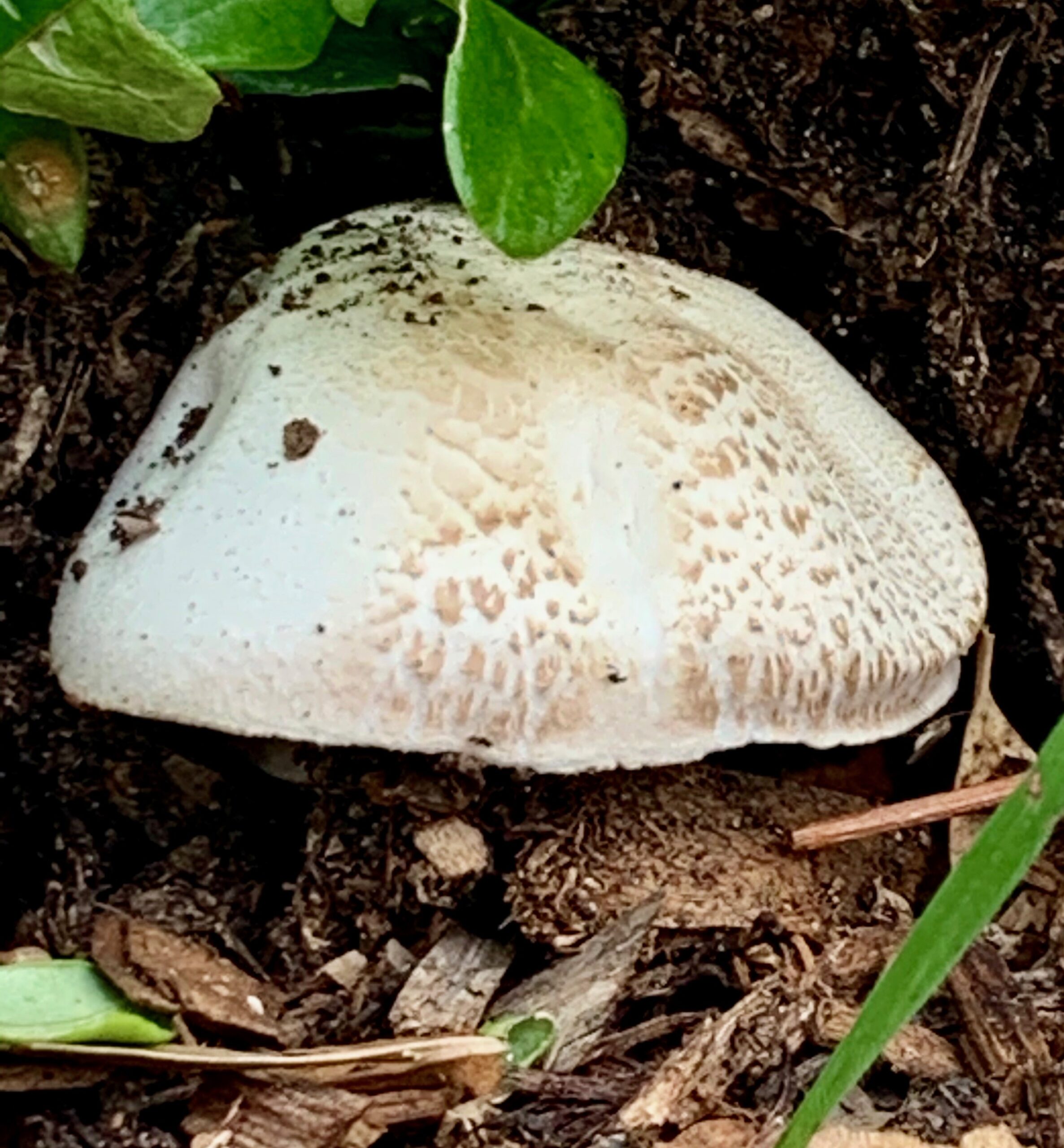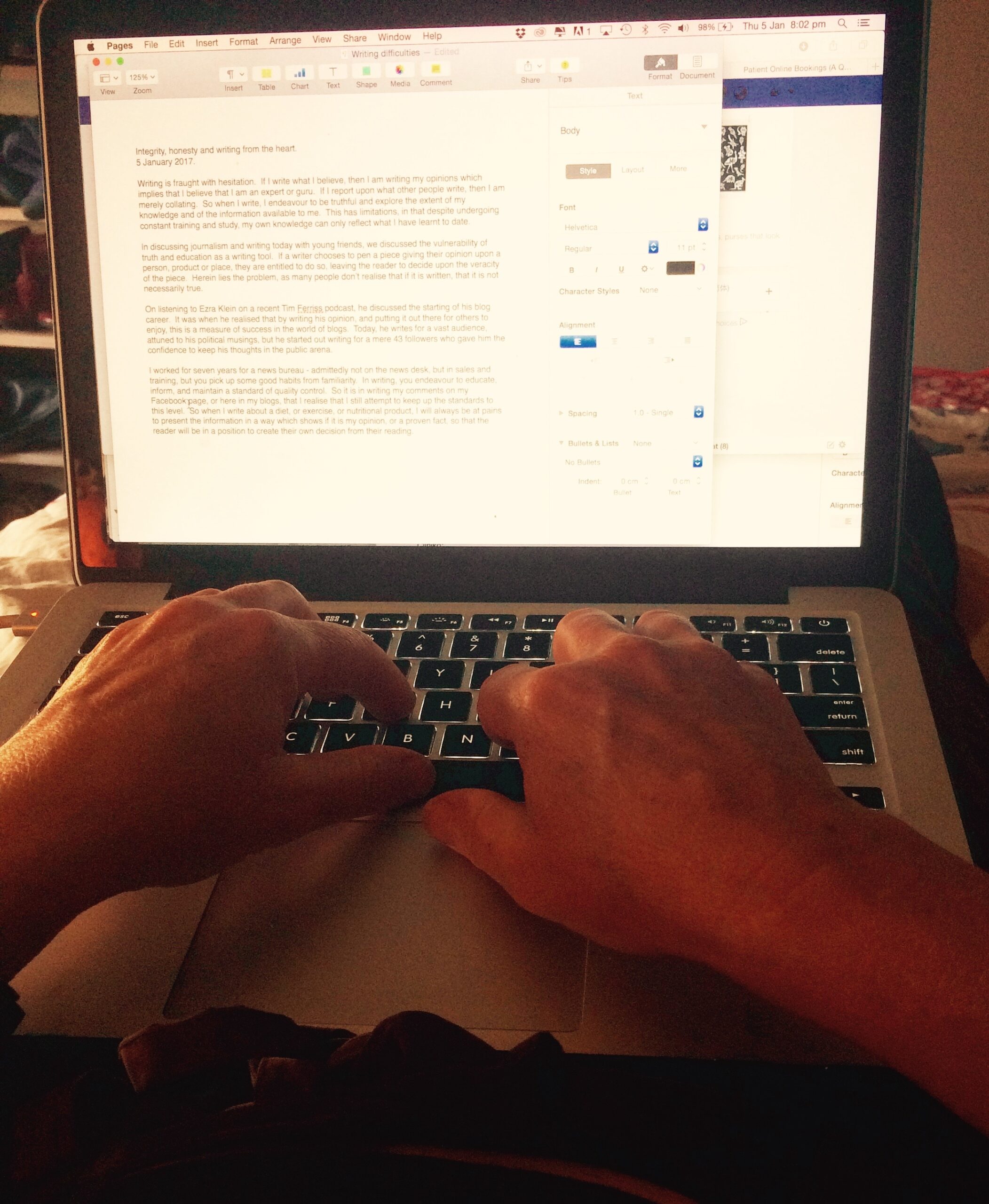Working life of a Naturopath
There are days when you wonder if you know enough to treat the health of those who come in with their complicated cases. And there are days when you realise that you are making a difference in the lives of many people who have trusted you to improve their health. This is a life of the Naturopath.
Health is complicated. Whilst we spend four years full time studying, and then keeping up continued study (minimum 20 hours per year, and for those like me who have a love of learning, up to 50 hours each year), it is difficult to gain knowledge of every single health issue which may walk in the door. What we can do is gain the skill in knowing how to ask the questions. We can give our patients the time to fill in the gaps with understanding how their health evolved. And we can often recognise when we need to get the right tests done, or refer to the the right specialist, in order to achieve the best outcome for the patient.
We also know that we should do no harm. This is our first tenet of practice. Naturopaths have a set of rules, under which we all practice, regardless of whether or not we are registered or monitored by any overarching body. We are here to help, to support, to listen, to do no harm, and to treat the patient with respect and with the endeavour to heal.
But again, health is complicated. Human being are complicated. No-one ever comes in for an appointment with just one issue. There are many small linked issues under an umbrella of symptoms, and sometimes by uncovering and treating one concern, another may appear. The body is a complex beast.
This constant learning, continual asking of questions, perpetual questioning of yourself to ensure that you know more. This is part of trying to be the best health practitioner that I can be. And acknowledging that I have more to learn, and can never know everything is part of this.
If I could change the world, I would help to educate people to prevent their disease. I would teach them about diet and exercise and sleep, and allow them to recognise the meaning of feeling truly well, before the feeling of dis-ease becomes normal. In educating people to live this like, it would change the world.
But every day, when I see my patients, when I describe what I do, when I recognise that in explaining something more clearly, or just by listening to their concerns, that this is making a difference to their lives. In these small acts, every day I recognise that this is treating health. And I am grateful that I am able to help to make a difference to the lives of my patients and their families.
31/8/19



